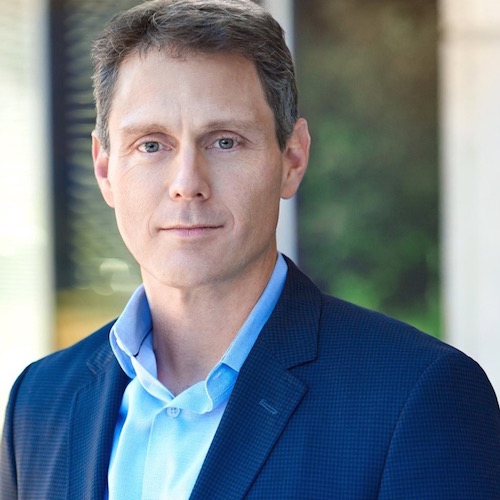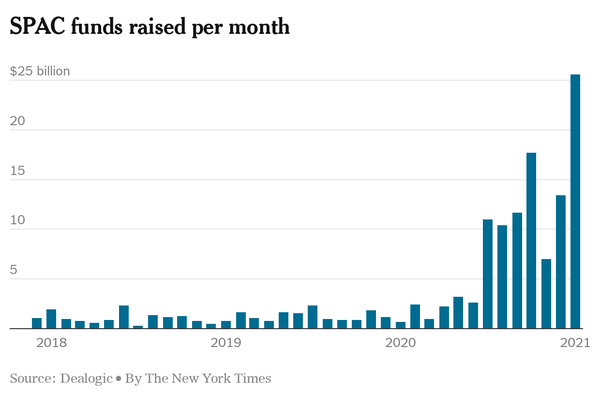Details Are Part of Our Difference
Embracing the Evidence at Anheuser-Busch – Mid 1980s
529 Best Practices
David Booth on How to Choose an Advisor
The One Minute Audio Clip You Need to Hear
Author: Matt Luzecky
Three Musicians and a Shoe Guy Walk Into a Bar…

What do Britney Spears, Michael Jackson, Prince, and Tony Hsieh (Zappos!) all have in common? And no – this is not the start of a bad joke.
Each of these individuals caught our attention recently for the headlines they (or their estates) made. While we usually encourage you to “tune out the noise” and “ignore the talking heads,” sometimes celebrity gossip headlines contain valuable lessons…usually of what not to do.
The combined estates of Spears, Jackson, Prince, and Hsieh are worth nearly $2 billion. An amazing sum! Yet all of this money is trapped in battles (legal or otherwise) to distribute or manage assets. Our crew of celebs could have avoided this pain. Unfortunately, when a clear plan is not in place, unwinding disputed estates can involve paying lots of pernicious fees. A reliable team of fiduciary advisors and a solid, up-to-date plan can minimize disputes, ease the process, and reduce unnecessary costs to the estate.
If my goal is to preserve assets for my beneficiaries or charitable causes, instead of getting stuck in a prolonged legal battle, what should I do?
It’s dramatically easier, less expensive, and simpler to pay your advisory team in advance rather than have them clean up the mess afterward.
That’s why Hill gets involved, sooner rather than later, in estate planning with our clients. Whether you’re just starting or need a comprehensive review and update of an existing plan, set up a call or meeting with us – click here. Your future self, and your kids, will thank you.
Investing at the Top – A Forbes Piece We Love

John Jennings, podcast guest, Chief Strategist, and President at The St. Louis Trust Company, recently wrote about why it’s okay to invest at the top of the market in his latest Forbes piece. He shares the story of two clients, one that took his advice and one that didn’t. Which client are you…Smith or Jones? Read the outcome here.
What is a SPAC?
Have you heard about special purpose acquisition companies (SPAC)? Former NBA champion Shaquille O’Neal, former Speaker of the House Paul Ryan, hedge fund manager Bill Ackman, tennis legend Serena Williams, and former MLB player Alex Rodriguez all have one thing in common – they are all involved with SPACs. The hot new craze has caught Wall Street and celebrities buzzing, but should you care?

In 2020 we saw a resurgence in SPACs, as 248 new SPACs raised roughly $82 billion throughout the year, eclipsing the level from the previous decade. The SPAC boom has showed no signs of slowing down in 2021, as sponsors have raised nearly $26 billion in January alone, a monthly record.
SPACs, short for “special purpose acquisition companies”, are also sometimes known as “blank-check companies”. These companies are designed to raise funds through an initial public offering (IPO) in order to finance an acquisition, merger, or similar business combination with a private company. They often have no operating history of their own.
So, how do SPACs differ from traditional IPOs, the method in which many investors may be familiar with how companies go public? We can think of a traditional IPO as a company looking for money while a SPAC is money looking for a company.
SPACs tend to be quicker to market than traditional IPOs, as the process can take a few months, much shorter than the 24-36 month process for a traditional IPO. In addition to the benefit of speed, SPACs provide retail investors with early access, something not generally available in traditional IPOs, as shares are reserved for certain clients of the underwriting banks. For many SPACs, the sponsors/founders receive a 20% allocation, leading to a dilution in the company and potentially misaligned incentives. Because SPACs generally must use the money they’ve raised within two years or return it, they may be incentivized to get any deal done, regardless if it’s a good one.
What’s the bottom line? SPACs are simply another way for companies to raise capital and the public should be aware of the inherent pros and cons. Rather than being worried about missing out on the newest investment fad, most investors should work with their advisors to build a long-term plan that will help them achieve their financial goals. In other words, keep taking the long view.

